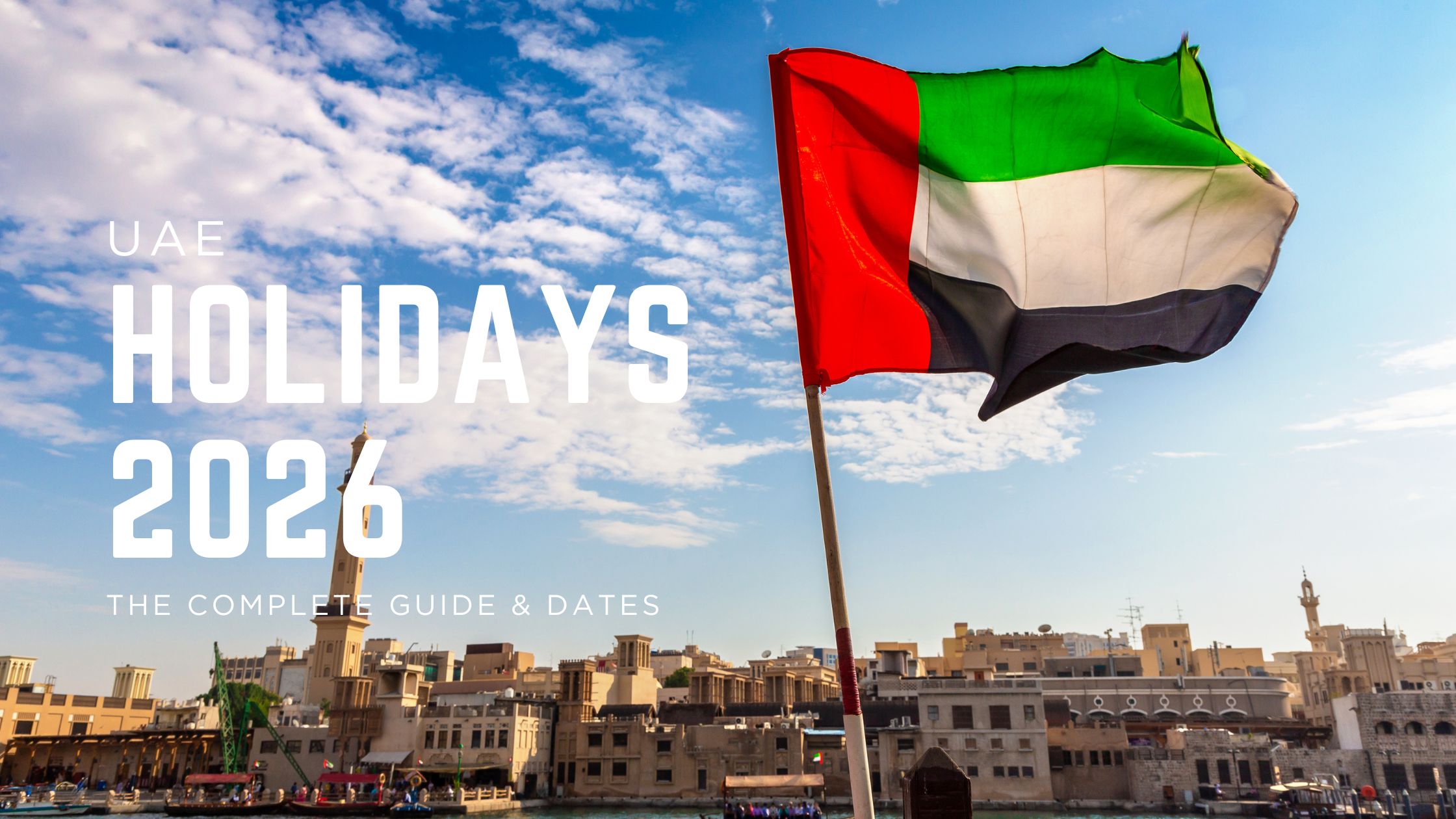Arab Women Are Not the Future — They Are the Now

For too long, the story of Arab women has been told in the future tense.
“One day, she will lead.”
“Soon, she will speak.”
“Eventually, she will be heard.”
But that day isn’t tomorrow — it’s already here. All across the Arab world, women are no longer waiting for permission, opportunity, or applause. They are building businesses, commanding boardrooms, designing technology, leading governments, and reshaping culture — often with twice the effort and half the recognition.
And it’s time we start paying attention.
Beyond Stereotypes: The Real Story
The image of the “oppressed Arab woman” is a tired one — and more importantly, it’s inaccurate.
Yes, challenges remain. Legal systems in parts of the region still need reform. Access to capital, equal representation, and work-life balance are ongoing battles. But the Arab woman is not a victim. She is an innovator, a strategist, a negotiator. And above all, she is a leader — not despite her identity, but because of it.
Take Dr. Hayat Sindi, one of the first female members of Saudi Arabia’s Consultative Assembly, and a global biotech pioneer. Or Reem Al Hashimy, who led Expo 2020 in Dubai — one of the most successful world expos in history. Or Palestinian brewmaster Madees Khoury, who uses her family business to tell a story of cultural survival and female independence under occupation.
These are not exceptions. They are examples.
Redefining Power, Arab-Style
Arab women are redefining what it means to have power — and they’re doing it on their terms.
- In the UAE, women make up 66% of public sector employees — the highest in the Arab world.
- In Saudi Arabia, female workforce participation has jumped from 22% in 2016 to over 37% in 2024.
- Across the region, women are starting businesses at faster rates than men, especially in e-commerce, fintech, and social enterprise.
But beyond the numbers, it’s the how that matters.
Arab women are building ecosystems — networks of mentorship, family support, cultural pride, and community-centered values. They’re not trying to mimic Western corporate models. They’re carving out leadership styles that are inclusive, values-driven, and emotionally intelligent — and they’re getting results.
The Power of Quiet Revolution
Not all change is loud.
In rural Tunisia, women are using blockchain to certify olive oil production.
In Beirut, female coders are teaching young girls how to build AI models.
In Riyadh, mothers are founding startups between school drop-offs and investor meetings.
This quiet revolution is not always on magazine covers. But it’s happening — in classrooms, kitchens, co-working spaces, and boardrooms. It’s changing the narrative from the inside out.
Why This Matters to Business
Empowering Arab women isn’t just a social cause — it’s an economic imperative.
McKinsey estimates that advancing gender equality in the MENA region could add $3.1 trillion to its GDP by 2035.
Harvard research shows that companies with diverse executive teams are 33% more likely to outperform competitors in profitability.
Women-led businesses in the Arab world are twice as likely to reinvest profits in their communities.
In short: investing in women is investing in growth, innovation, and long-term sustainability.
What’s Holding Us Back?
It’s not a lack of talent.
It’s not a lack of ambition.
It’s a lack of visibility, opportunity, and sometimes, belief.
We need more platforms that celebrate Arab women’s stories without exoticizing or minimizing them.
We need policies that don’t just include women but are shaped by them.
And we need to stop asking if Arab women are “ready” — and start realizing that the region is ready because of them.
Final Thought: The Shift Has Already Happened
This isn’t a trend. This is a tectonic shift.
Arab women aren’t “rising stars.” They’re already here, shining.
They don’t need saving. They need investment.
They don’t want charity. They want equity.
And as they build new futures — for their families, their industries, and their nations — the question is no longer if they’ll lead, but how far we’re willing to follow.






